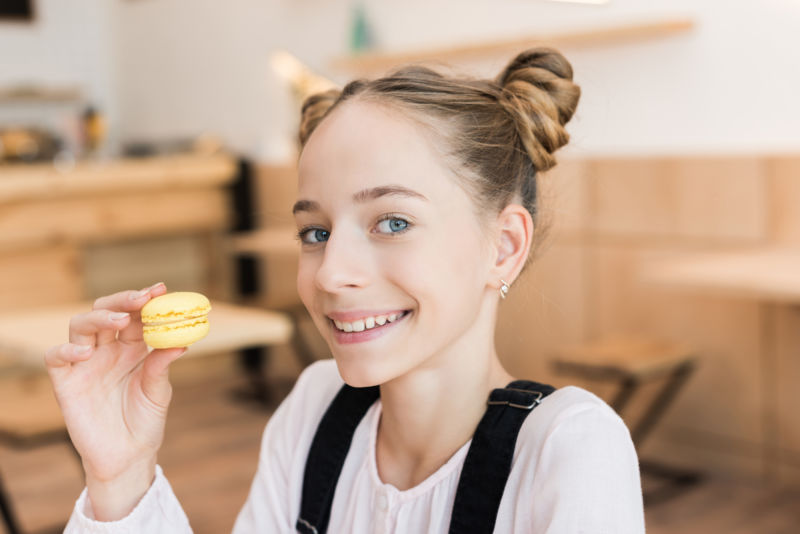What happens when teens practise personal put-downs?
Teenagers can slide in and out of stages and phases, but what happens if they slide into an obvious pattern of repeated verbal put downs towards oneself?
You hear it, see it and feel it.
It’s yuck, it hurts, it’s damaging.
I’m an idiot
I’m a loser
I’m stupid
I’m a ………., the list is long.

Words have power and when repeated often enough, teens start to belief the harmful words they are directing towards self.
Words have weight which can attack their core identity and sense of self-worth. When we hear our teens giving them selves a hard time, they are indeed labelling themselves and creating an identity that is riddled in wrong. So what do we do?
The nurturing parent wants to dive in and rescue, remind them of their worth and wrap our child in lots and lots of love. Of course we do and that will never change.
Upon hearing the put-down we may say with total belief ‘No you’re not ………’ only to be met with ‘You’re my mum, you have to say that.’
Keep doing that. Don’t stop! Keep reassuring like you’ve always done and you always will do, because our teens need to know that our belief is unwavering, even if their belief in themselves is wobbly and out of wack.
The nurturing parent can also up-the-anti and call-out teenagers on their use of self-esteem crushing labels and identity squashing names. This too is love.
You see, it is often the case that we call out offensive language and insist on NO swearing or the likes. This too may have a place in your family, but at the end of the day, what if we were to clamp down on harmful put downs with as much vigour as we clamp down on offensive language?
Say something. Speak up and call-out the putdowns. Shine a light on crushing comments as if they are dropping the ‘f’ bomb or worse!
He says “I’m an idiot”
We say “Calling yourself an idiot, how does that help you to feel better about yourself?”
She says “I’m a loser”
We say “How does that sort of name calling make you feel strong minded and persistent?”
They say “I’m stupid”
We say “I’m sorry, I’m not going to sit quietly while you refer to yourself so lowly and disrespectfully.”
Teaching teenagers to own HOW they talk to and about themselves supports them to take more responsibility for their self-esteem, happiness and self-worth. It also makes them more accountable for the way they build and boost themselves up, a theme which is central to my book ROC & RISE and a life well lived.
After all, what teens practice, they usually get good at.
What teens are good at, they usually keep doing, because they’re good at it.
What they keep doing, sticks with them and ‘it’ becomes who they are.
This idea is shared with teens in Claire’s book ROC and RISE. Endorsed by Maggie Dent and loved by teenagers and their families worldwide.
Related Posts




